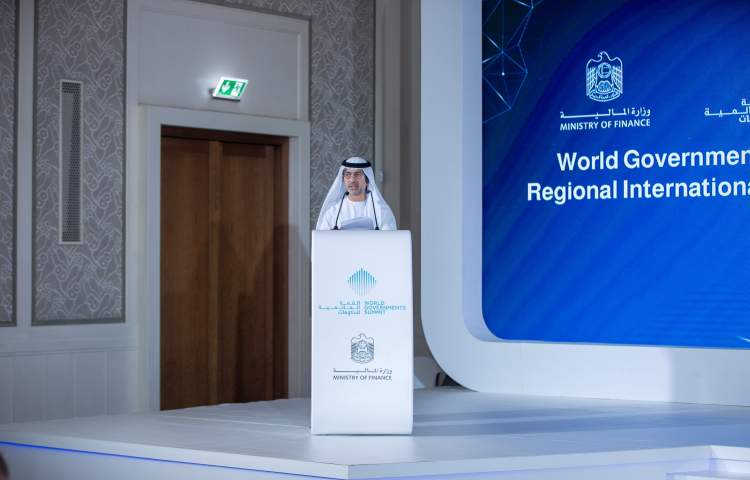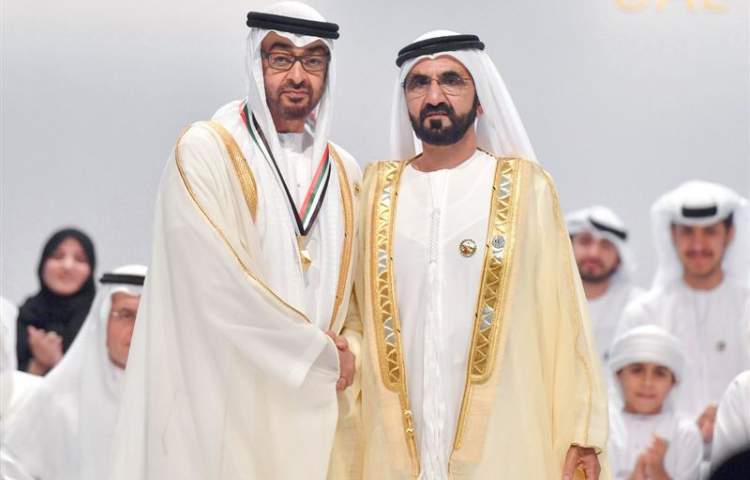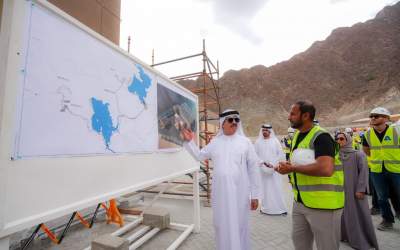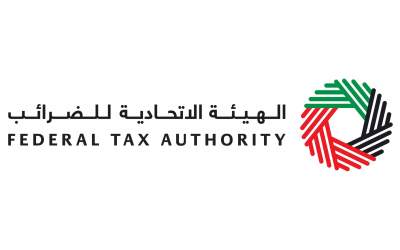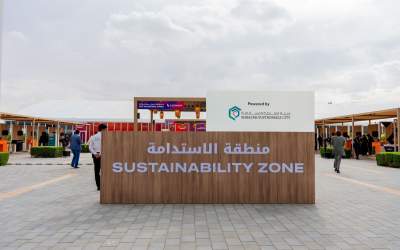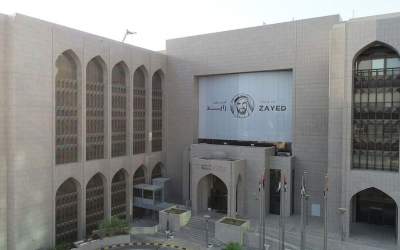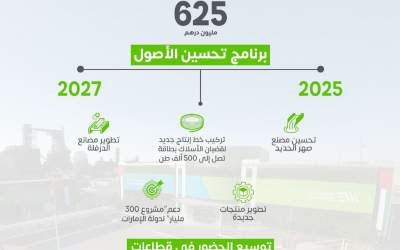Thought leaders, economic experts, government officials, and private sector representatives gathered at the International Tax Forum (ITF), organized by the Ministry of Finance of the UAE, to discuss pivotal issues impacting the global tax landscape.
Publish dateThursday 13 February 2025 - 12:33
According to Amac News, this forum is part of the World Governments Summit 2025, taking place from February 11 to 13 in Dubai under the theme "Shaping Future Governments."
The ITF explored the importance of the OECD’s Pillar II rules in addressing challenges of base erosion and profit shifting, ensuring that multinational companies are subject to minimum tax rates.
Participants emphasized the role of these reforms in enhancing tax justice and supporting the stability of the global economy, while also achieving a balance between advanced and emerging economies.
The forum also discussed mechanisms for exchanging tax information and their role in combating tax evasion and enhancing transparency, noting that international cooperation in this area is a key pillar for building effective and sustainable tax systems.
Discussions also highlighted e-invoicing as a modern tool capable of improving the efficiency of tax systems and reducing administrative burdens on companies.
Regarding the future of taxation, participants focused on challenges posed by the digital economy, such as the emergence of new business models and the rise of e-commerce.
Experts called for the development of innovative and proactive tax policies that keep pace with these transformations, stressing the importance of cooperation between governments and the private sector to ensure the sustainability and simplicity of tax systems.
Younis Haji Al Khouri, Under-Secretary of the Ministry of Finance, stated, "The UAE is hosting the ITF at a time when the international tax system is witnessing major transformations. These rapid economic changes, coupled with a growing wave of digitization, present unprecedented challenges and opportunities that require innovative responses and effective international cooperation."
The ITF explored the importance of the OECD’s Pillar II rules in addressing challenges of base erosion and profit shifting, ensuring that multinational companies are subject to minimum tax rates.
Participants emphasized the role of these reforms in enhancing tax justice and supporting the stability of the global economy, while also achieving a balance between advanced and emerging economies.
The forum also discussed mechanisms for exchanging tax information and their role in combating tax evasion and enhancing transparency, noting that international cooperation in this area is a key pillar for building effective and sustainable tax systems.
Discussions also highlighted e-invoicing as a modern tool capable of improving the efficiency of tax systems and reducing administrative burdens on companies.
Regarding the future of taxation, participants focused on challenges posed by the digital economy, such as the emergence of new business models and the rise of e-commerce.
Experts called for the development of innovative and proactive tax policies that keep pace with these transformations, stressing the importance of cooperation between governments and the private sector to ensure the sustainability and simplicity of tax systems.
Younis Haji Al Khouri, Under-Secretary of the Ministry of Finance, stated, "The UAE is hosting the ITF at a time when the international tax system is witnessing major transformations. These rapid economic changes, coupled with a growing wave of digitization, present unprecedented challenges and opportunities that require innovative responses and effective international cooperation."
amacnews.com/vdch.-nit23n6610d2.html
Source : news agency wam
Most viewed
